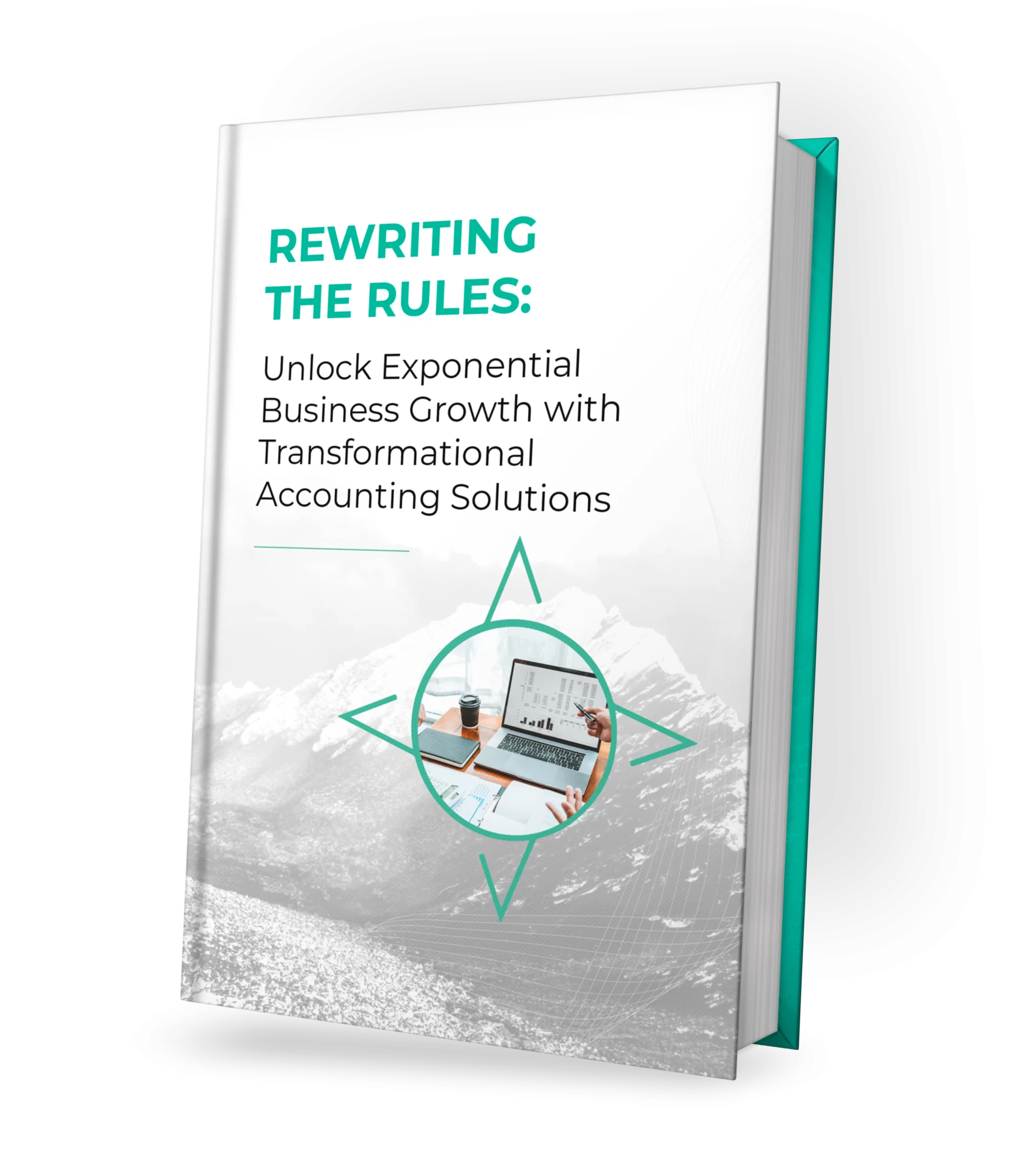GAAP vs. Tax Accounting – Exploring Both Options
Private businesses can choose how to report on their financial performance. We covered two common methods – cash vs. accrual accounting – in a previous post Cash vs. Accrual Accounting; Which Fits Your Startup Strategy?. This post covers two more: GAAP vs. tax accounting.
GAAP Accounting Explained
Generally Accepted Accounting Principles (GAAP) are a comprehensive set of accounting best practices created by the Financial Accounting Standards Board (FASB) and required for all public companies under Securities and Exchange Commission (SEC) rules; for most private companies it’s optional.
GAAP accounting strives to give a business (and its investors) a complete view of financial performance, including all cash reserves, accruals, expenses, investments, and tax liabilities. Financial statements are created using the accrual basis, meaning revenue can be recognized before it’s received.
The advantage of GAAP accounting is that it provides a more complete and standardized presentation for financial performance and positioning, to the benefit of decision making and financial planning. On the other hand, following GAAP can be a time, money and labor-intensive process that exceeds what a young business can handle.
Tax Accounting Explained
Tax accounting follows standards created by law and administered by the IRS to help businesses track their tax liability as it evolves throughout the year. To that end, it only includes income that could be taxable and expenses that may qualify as deductions – everything else must be accounted for separately.
Unlike GAAP accounting, tax accounting allows for cash basis accounting, where revenues are not recognized until payment has been received. Tax basis accounting also allows for accrual accounting and in some cases accrual basis is required. Financial statements created using tax accounting apply the same rules to finance that the IRS will apply at tax time.
Many small businesses and CPAs prefer to use tax accounting because it’s easier overall and takes the crunch out of filing. The trade-off, however, is a view of financial performance that may not reflect the full situation or the real strengths and weaknesses.
Picking Between GAAP vs. Tax Accounting
GAAP and Tax accounting handle many things differently: inventory, startup costs, capitalization, depreciation, pensions, allowances, and more. A financial statement will look quite different depending on the method used to prepare it.
As a general rule of thumb, businesses that intend to stay relatively small or remain under the close conservatorship of the owner/founder can rely on tax accounting. These businesses will have a strong sense of their financial position without undergoing the extra effort to produce GAAP-compliant financial statements.
Startups and small businesses planning to grow fast, attract major investors/lenders, and one day go public will benefit more from GAAP accounting. Utilizing mature accounting practices early on helps a company mature in other ways, often ahead of schedule.
Proseer – Bespoke Startup Accounting Strategies
Should your startup choose GAAP or Tax accounting? It depends. Choose wisely and perfect the art of accounting with Proseer as your partner.

